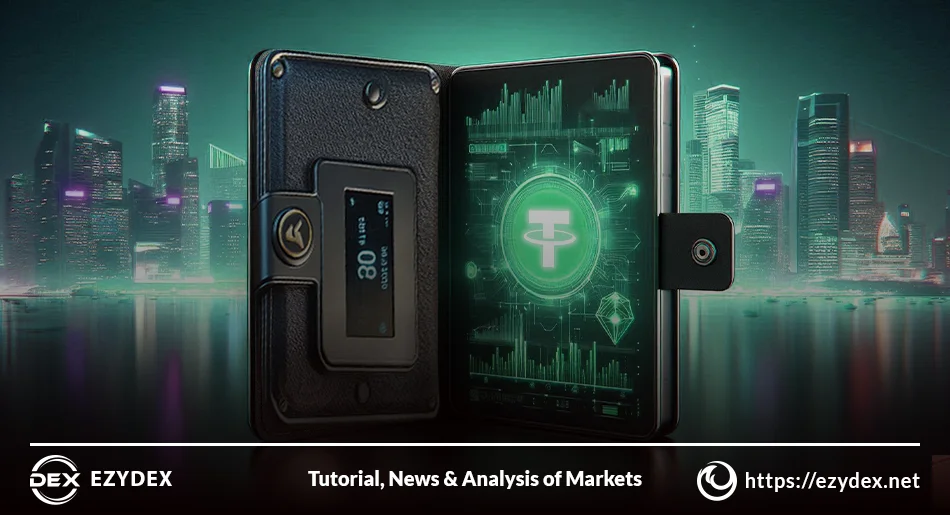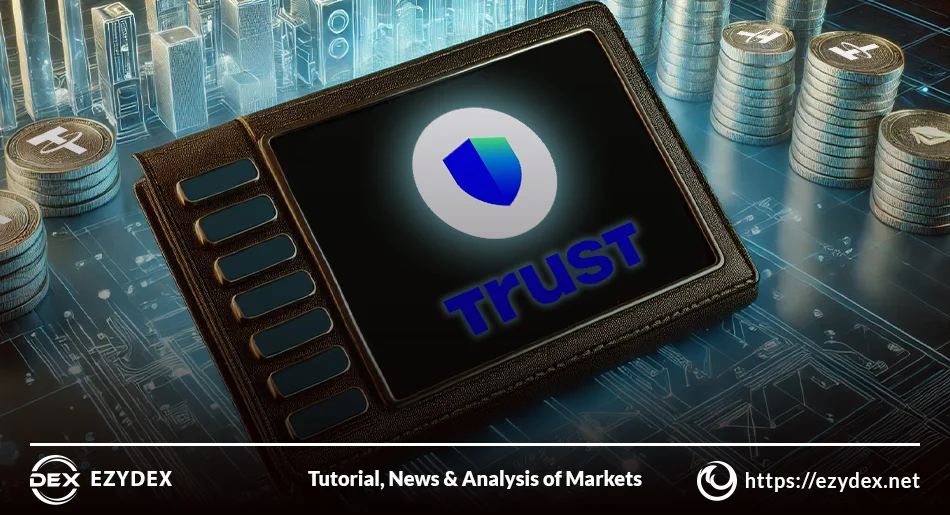Tether (USDT), known for its stability in the volatile cryptocurrency market, is one of the most widely used stablecoins. If you’re using Tether for transactions or long-term storage, selecting a secure and reliable wallet is crucial. This article explores the best Tether wallets and how to choose the right one for your needs.
Why Choosing the Right Tether Wallet Matters
A Tether wallet allows you to store, send, and receive USDT seamlessly. With the increasing popularity of Tether, numerous wallets have been developed to support it. From hardware to software wallets, each comes with its advantages and disadvantages.
📌Note: Security, user-friendliness, and compatibility with different networks (ERC-20, TRC-20, and BEP-20) are key factors when selecting a Tether wallet.
Types of Tether Wallets
1. Hardware wallets
Hardware wallets, such as Ledger Nano X and Trezor, are among the most secure options for storing Tether. These wallets store your funds offline, offering robust protection against cyberattacks.

“For those prioritizing the security of their digital assets, a hardware wallet is the ultimate choice.”
✅Advantages:
High security
Ideal for long-term storage
❌Disadvantages:
Expensive
Requires technical understanding
2. Software Wallets
Software wallets, like Trust Wallet, MetaMask, and Atomic Wallet, are user-friendly and ideal for everyday transactions. They offer a balance between security and convenience.

✅Advantages:
Free to use
Quick and easy access
❌Disadvantages:
Requires an internet connection
Less secure than hardware wallets
3. Online Wallets
Online wallets, such as those provided by exchanges like Binance Wallet, enable quick access to your Tether for trading. However, they are not recommended for long-term storage.

✅Advantages:
Fast transactions
Suitable for frequent traders
❌Disadvantages:
Vulnerable to hacking
Limited user control over assets
Criteria for Choosing a Tether Wallet
- Security:
Ensure the wallet uses advanced security features like two-factor authentication. - Network Compatibility:
Check if the wallet supports your preferred network (ERC-20, TRC-20, or BEP-20). - User Interface:
The wallet should have a simple and intuitive interface. - Customer Support:
Reliable support is essential in case of technical issues.
Best Tether Wallets in 2025
✅Ledger Nano X
This hardware wallet supports over 1,000 cryptocurrencies and is one of the best options for securely storing Tether.
✅Trust Wallet
A free and secure software wallet, Trust Wallet is perfect for everyday Tether users.
✅MetaMask
With its ability to connect to multiple networks, MetaMask is a great choice for advanced users.
✅Binance Wallet
For quick transactions, Binance Wallet or other exchange-based wallets can be highly convenient.
Frequently Asked Questions About Tether Wallets
You may find the answer to your question here:
Exchange wallets are suitable for short-term storage and trading but are not recommended for long-term storage.
For large amounts, a hardware wallet is more secure. Software wallets are better suited for day-to-day transactions.
The TRC-20 network is popular due to its lower fees and faster transactions. However, the choice depends on your specific needs.
Final Thoughts
Choosing the right Tether wallet depends on your priorities and needs. If security is your top concern, a hardware wallet like Ledger Nano X is an excellent option. For daily use, software wallets such as Trust Wallet or MetaMask are ideal. Regardless of your choice, always prioritize the security of your digital assets.